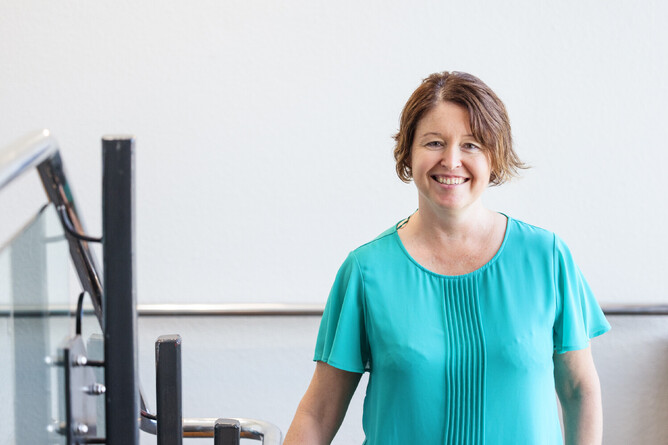What do dark ships and methane have in common?
The answer, they can both be found using Espy Earth technology.
Derived from the nautical term ‘Espy’ meaning to see something from a long way away, and a clever play on electronic spying, Espy Earth is a satellite data intelligence business that can document the state of carbon (CO2 and methane) as well as biodiversity on land.
Meet the Founder's Jill and Ian Dewey. He is one of the start-ups taking part in our three-month Sprout 2023 Accelerator in the Cohort X intake.
Husband and wife team Jill and Ian ventured into their entrepreneurial life after a plea for help from one of Ian’s past physics students wanting help with the solution of finding dark ships in the ocean. With his background in physical oceanography and defence science, Ian set to developing something to help.
“Originally we started in ocean environments in that dark ship space. Out of the blue, we were asked if we could find methane. We gave it a go and we were really surprised by what we could see and the accuracy of what we could measure, so we started developing our terrestrial suite of applications which has methane detection at the heart of it. It’s the same toolkit, just a different application” said Jill.
While Ian covers the technology side, Jill brings a science lens to the business through her experience in geographical ecology but also leads the business side of the venture and has 15 years of experience working with SME’s in business development and project management.
After expanding their scope of what they could do and really investigating the methane issue, they quickly saw how massive a global issue it was. They were equally surprised at the support from farmers in tackling the issue.
“We expected some resistance, but we’ve been inspired by so many farmers doing a lot of positive things in the methane space and their desire to do more. We would like to give farmers the tool to measure their methane product and get that instant gratification that we are so used to these days and use that to encourage them to do more.”
While any start-up is wrought with challenges, some of Espy Earth’s challenges lay with 80’s spy movies that have many people believing it’s as easy as the push of a button to task a satellite to look at your neighbour down the road.
“One of the biggest challenges at the start was building our network of satellite providers which we’ve now done quite successfully and have some great partnerships. Also building a good team, we have a few undergraduate research assistances who are amazing, they’re keen to learn and bring great energy to the team.”
Despite the ongoing success and great feedback on their offering, Jill said that they aren’t exempt from imposter syndrome or struggling with feelings of doubt as they navigate a new industry.
“I do suffer from imposter syndrome, but I seem to rationalise it more now. I go into meetings, try to be myself, and present our product and if they don’t want it or like it, I move on to the next. Realising that it’s ok if they aren’t interested in it, it has been really helpful.”
Early on their journey, Jill and Ian set some clear boundaries that ensure the smooth(ish) running of their business and personal lives. One day a week off to spend time with the family, laptops off at a certain time (unless there's a deadline of course!) and making sure they are fulfilling other needs in their life.
“When you’re a husband and wife team and have a child, it’s important to have that balance. It’s not always perfect but even trying for it is important.”
Jill said that they’re excited to get help from Sprout in their next stage of the business which is establishing key connections and understanding the market here in New Zealand and launching here.
“I’d say to anyone who’s an entrepreneur, do an Accelerator. It’s so worth it. We’ve done a few and the connections, encouragement and advice you get is so valuable.”

